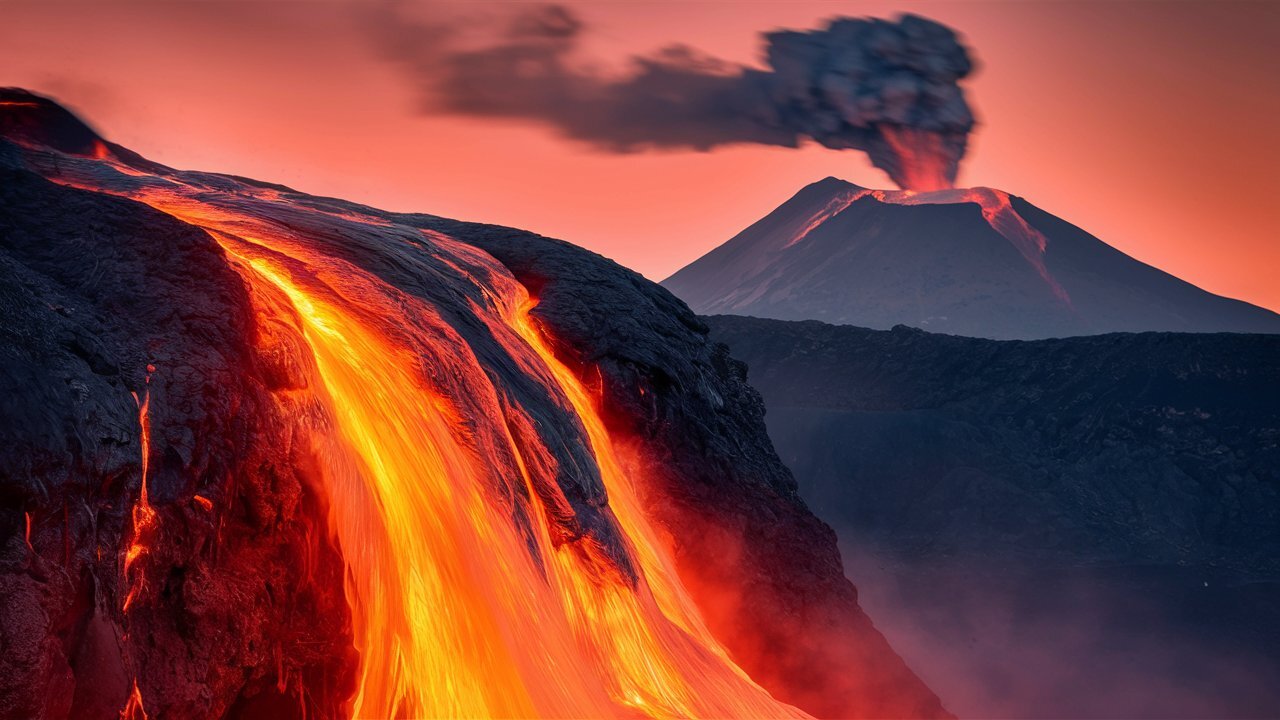The research was conducted by experts from Imperial College London and the University of Bristol. They examined the 60 most powerful volcanic eruptions in recent years. It turned out that the frequency and strength of explosions directly depend on how quickly magma is formed at a depth of 20 km and the size of these reservoirs.
The faster magma forms and the larger the accumulation, the more powerful the eruption. But there is a nuance: too large reservoirs, on the contrary, slow down the process of magma formation, as they dissipate heat. Scientists also found that the power of an eruption is also affected by how long the magma was stored in shallow underground chambers before erupting. The longer the explosion, the weaker the explosion.
The research will help create more accurate methods for predicting eruptions, which will save the lives of people living near volcanoes.
Source: Ferra
I am a professional journalist and content creator with extensive experience writing for news websites. I currently work as an author at Gadget Onus, where I specialize in covering hot news topics. My written pieces have been published on some of the biggest media outlets around the world, including The Guardian and BBC News.











